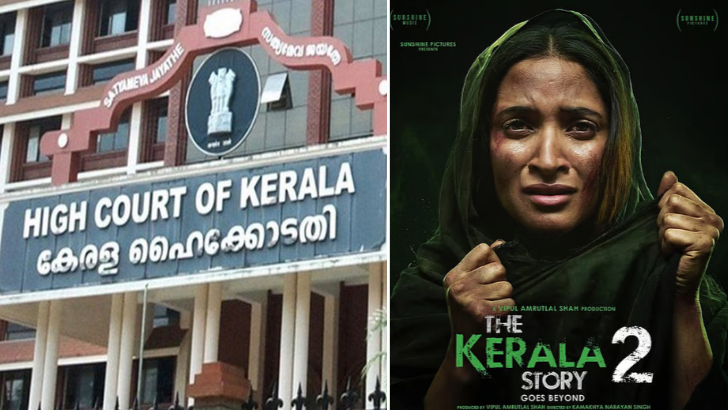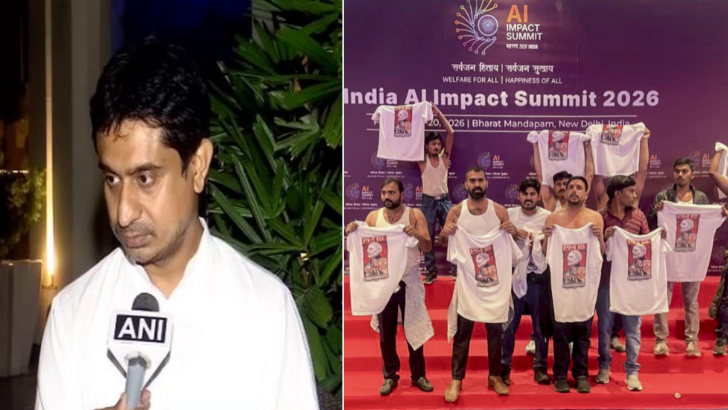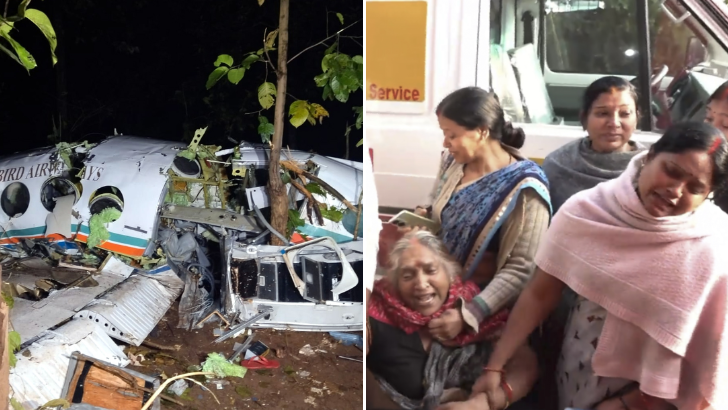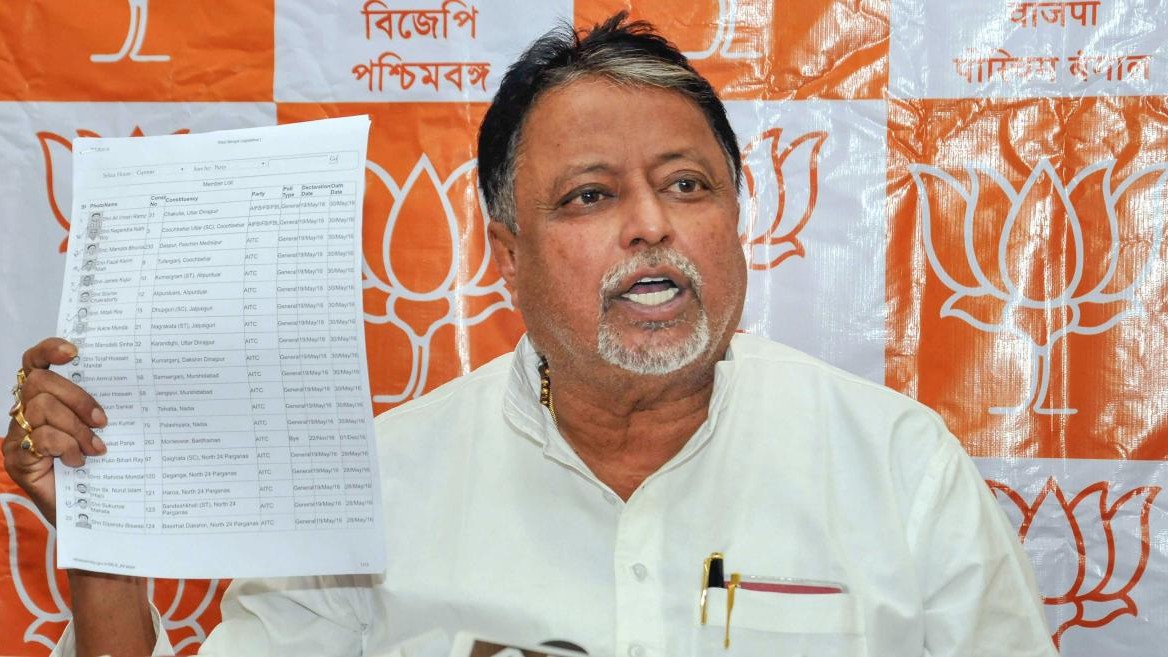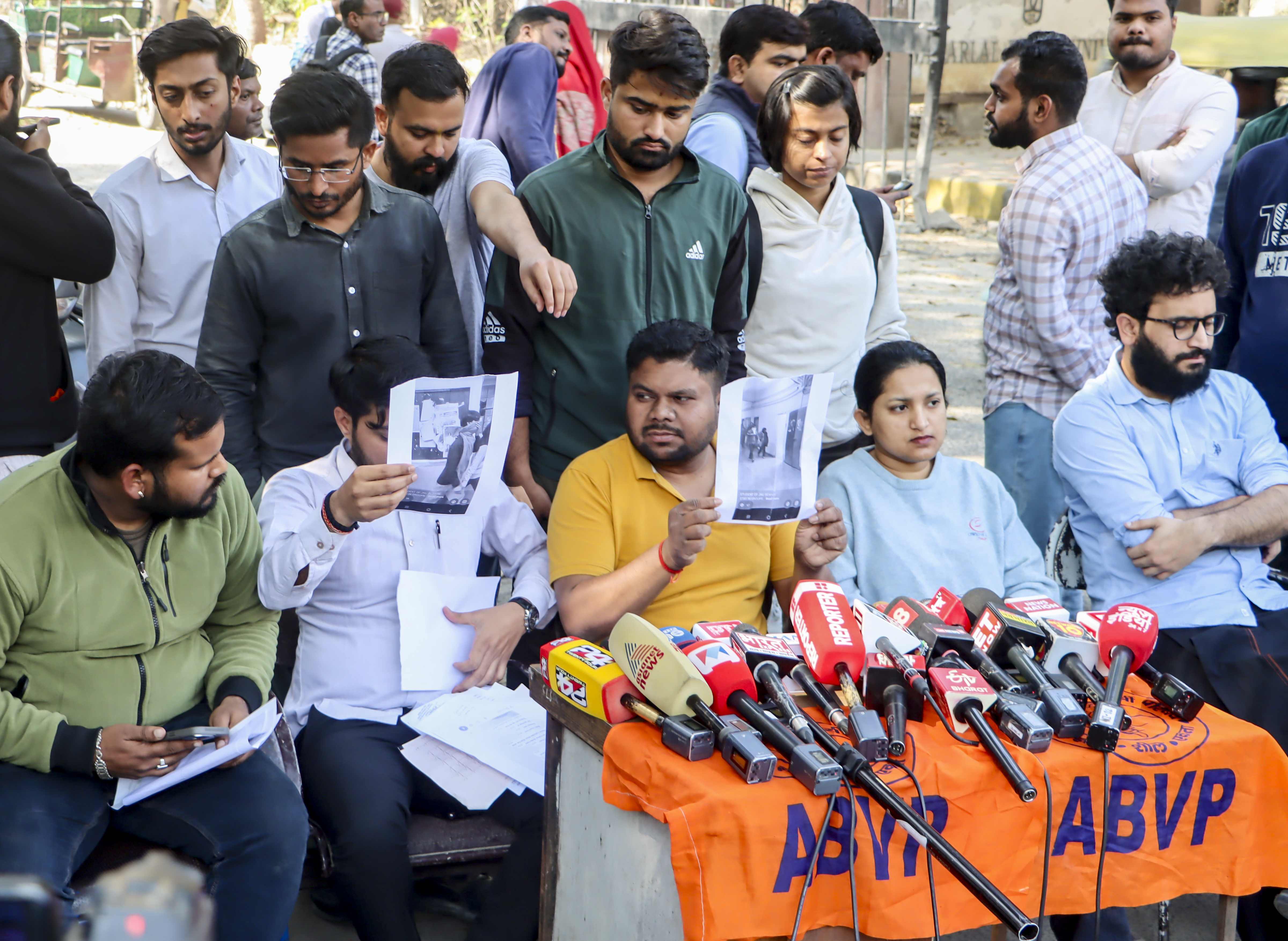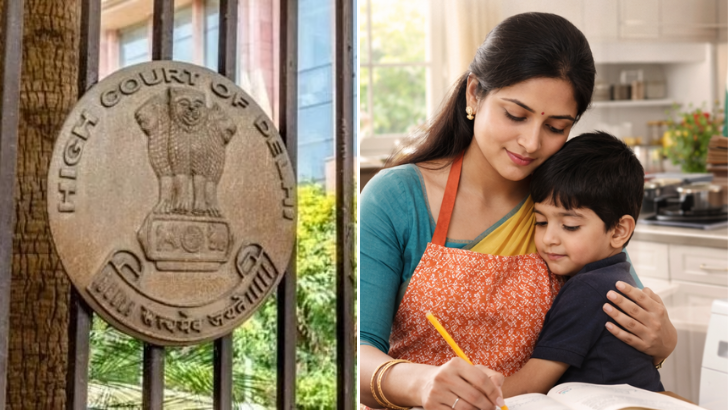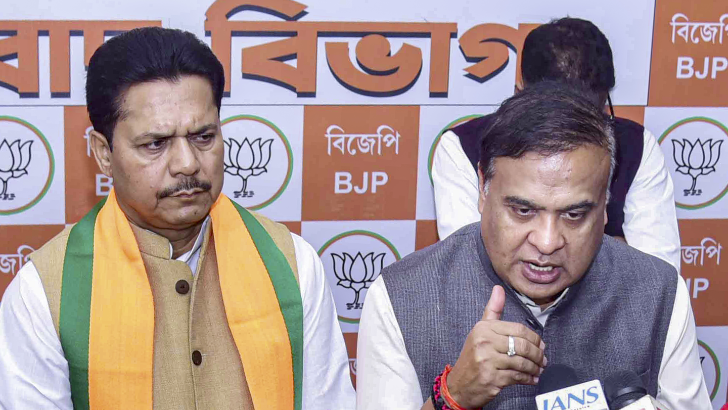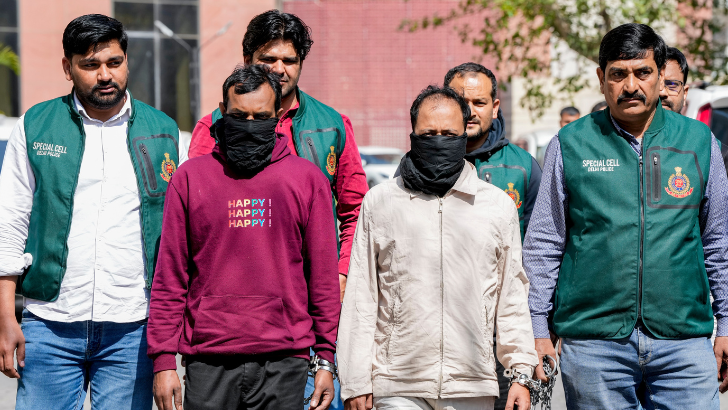Dhankhar: Judiciary cannot set timeline for President to decide on bills
Vice President Jagdeep Dhankhar expressed concern over a Supreme Court ruling that prescribes a timeline for the President to decide on bills. He warned against a democracy where judges legislate.
PTI
-
Secretary General of the Rajya Sabha Pramod Chandra Mody presents a certificate during the valedictory ceremony for the 6th Batch of Rajya Sabha Interns, at the Vice President Enclave, in New Delhi. (PTI)
New Delhi, 17 April
Voicing concern over a recent Supreme Court ruling prescribing a timeline for the President to decide on bills, Vice President Jagdeep Dhankhar on Friday said India had not bargained for a democracy where judges will legislate, perform Executive functions and act as a "super Parliament".
Last week, the Supreme Court had, for the first time prescribed that the President should decide on the bills reserved for her consideration by the governor within three months from the date such reference is received.
"There is a directive to the President by a recent judgement. Where are we heading? What is happening in the country? We have to be extremely sensitive. It is not a question of someone filing a review or not. We never bargained for democracy for this day. President being called upon to decide in a time-bound manner, and if not, becomes law," Dhankhar said here.
Addressing a group of Rajya Sabha interns, he said, "So we have judges who will legislate, who will perform executive functions, who will act as super Parliament, and absolutely have no accountability because law of the land does not apply to them".
Dhankhar said his worries were at a "very highest level" and he had never thought in "my life" that he will have the occasion to see it.
He reminded the audience that the President of India is a very elevated position. President takes oath to preserve, protect and defend the Constitution.
Others, including ministers, the vice president, parliamentarians and judges take oath to abide by the Constitution.
"We cannot have a situation where you direct the President of India and on what basis? The only right you have under the Constitution is to interpret the Constitution under Article 145(3). There it has to be five judges or more ...," he said.
Leave a Reply
Your email address will not be published. Required fields are marked *








.png)

